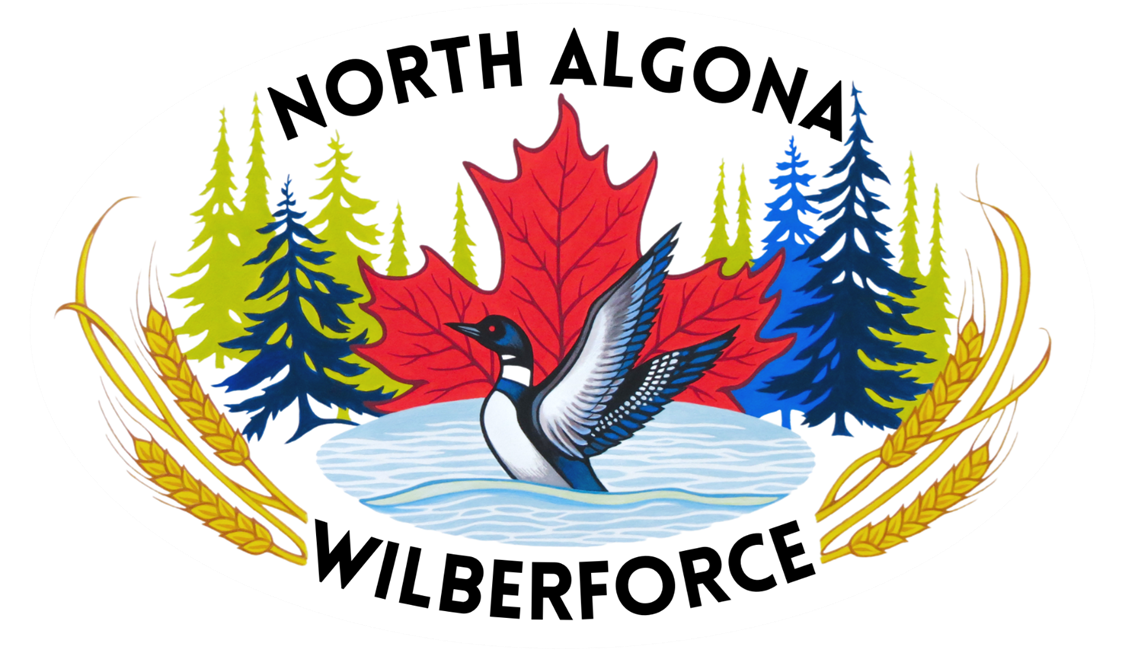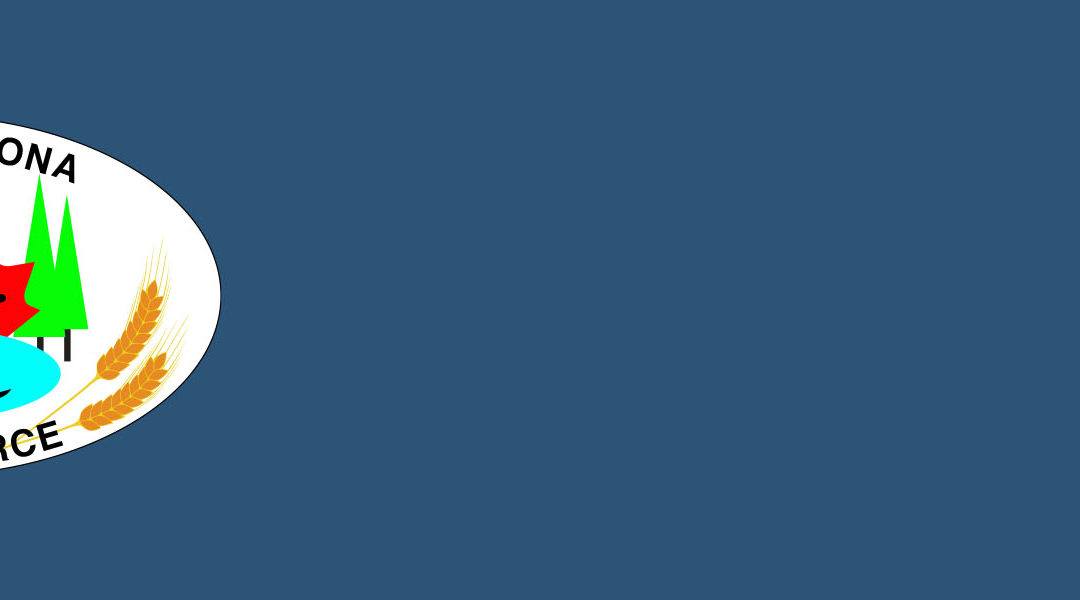Renfrew County and District Health Unit
“Optimal Health for All in Renfrew County and District”
For Immediate Release
(Pembroke, Ontario, March 07, 2024)
Overdose Alert for Renfrew County and District
Renfrew County and District Health Unit (RCDHU) is alerting residents about an increase in
overdoses and suspected overdose-related deaths in the Pembroke catchment area.
Although specific substance(s) related to the overdoses have not been confirmed, it is
important to remember that all street drugs must be considered highly toxic and potentially
fatal.
RCDHU would like to remind residents that street drugs may contain other substances, as areas
of the province have reported the presence of potent tranquilizers for which the overdose
reversal drug naloxone is not effective. It is important to call 9-1-1 immediately if you suspect
that someone is experiencing an overdose.
Friends, family members and individuals who use street drugs can work together to reduce
the risk of an overdose by putting the following measures in place:
• Don’t use alone – If you overdose and are with someone, they can get urgent help.
• Carry naloxone (Narcan®)- Naloxone can temporarily reverse an opioid overdose and
kits are available for free throughout RCD at local pharmacies and other locations. For
more information on where to get a kit please visit this link.
• Don’t mix drugs – Don’t mix drugs with other drugs or alcohol, as it puts you at higher risk
of overdosing.
• Go slow – The quality of street drugs is unpredictable. If you are using street drugs, start
by using in small amounts (testers or test doses) to check the strength of what you are
using.
• Know your tolerance – Risk of overdose increases if you are a new user or have not used
in 3 or more days.
• If you have no other choice than to use alone, always call the Overdose Prevention
Hotline 1-888-688-6677 (National Overdose Response Service) to have someone
standing by to call for help if needed. A volunteer will check in periodically and call
911 if there’s no response.
Understanding the signs of an overdose can help to save a life. These signs can include,
but are not limited to:
• Person can’t be woken up.
• Breathing is slow or has stopped.
• Snoring or gurgling sounds.
• Fingernails and lips turn blue or purple.
• Pupils are tiny or eyes are rolled back.
• Body is limp.
It is possible an individual treated with naloxone may have a re-emergence of the opioid
overdose once the naloxone ‘wears off’, since the duration of action of most opioids
exceeds that of naloxone. All overdoses are a medical emergency and calling 9-1-1 is an
important step in saving someone’s life.
We ask that people who are aware of overdoses assist us by completing RCDHU’s
anonymous online Overdose Reporting Form, which is used to support tracking overdoses
within the community. The Overdose Reporting Form does not ask for any identifying
information and can be completed directly on RCDHU’s website.
Support is available; the Renfrew County Addiction Treatment System delivers assessment,
counselling and treatment programs to individuals who use substances.
It’s ok to not be ok…If you, or someone you know are experiencing feelings of stress, anxiety,
grief etc. supports can be accessed here.
Renfrew County and District Health Unit
Fax: 613-735-3067
media@rcdhu.com
www.rcdhu.co


Recent Comments